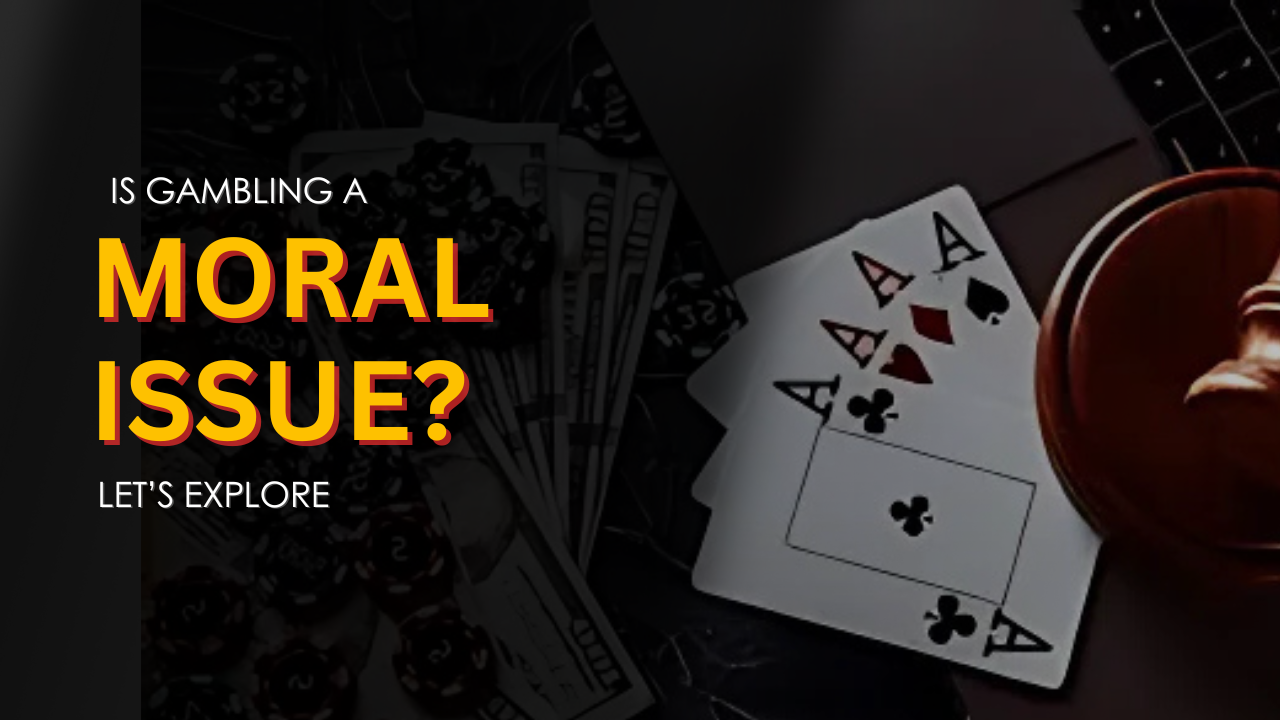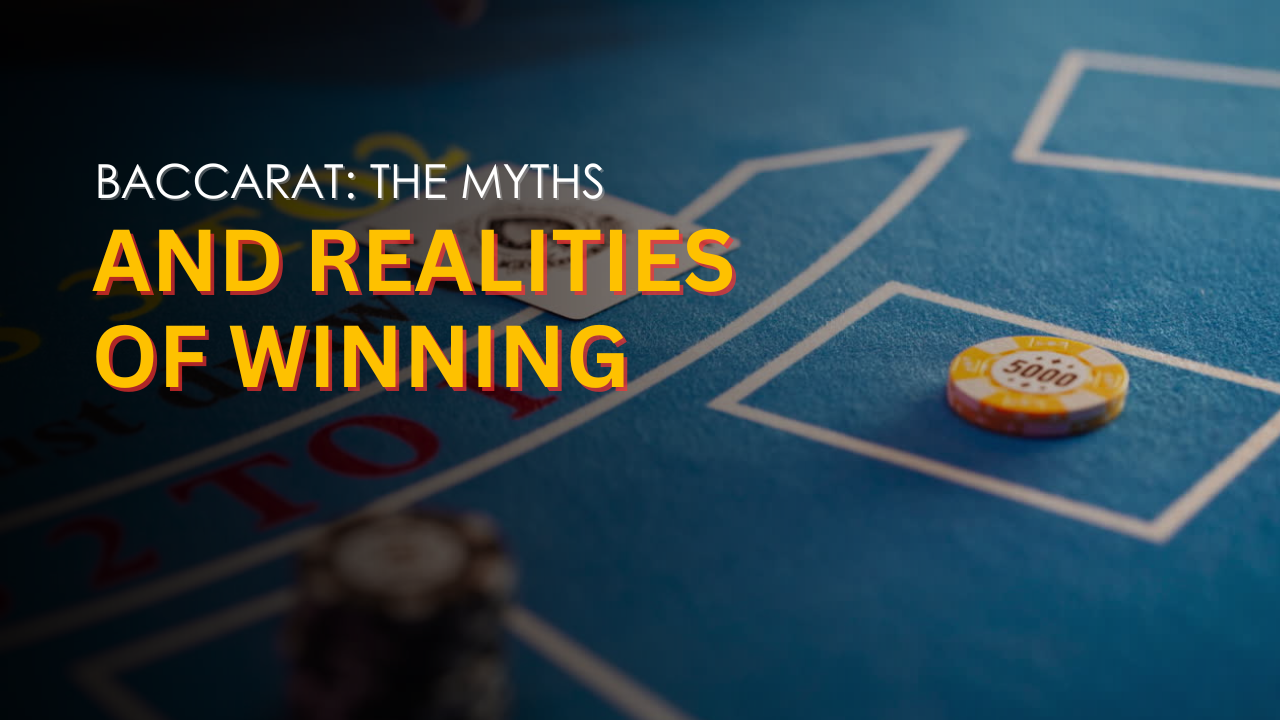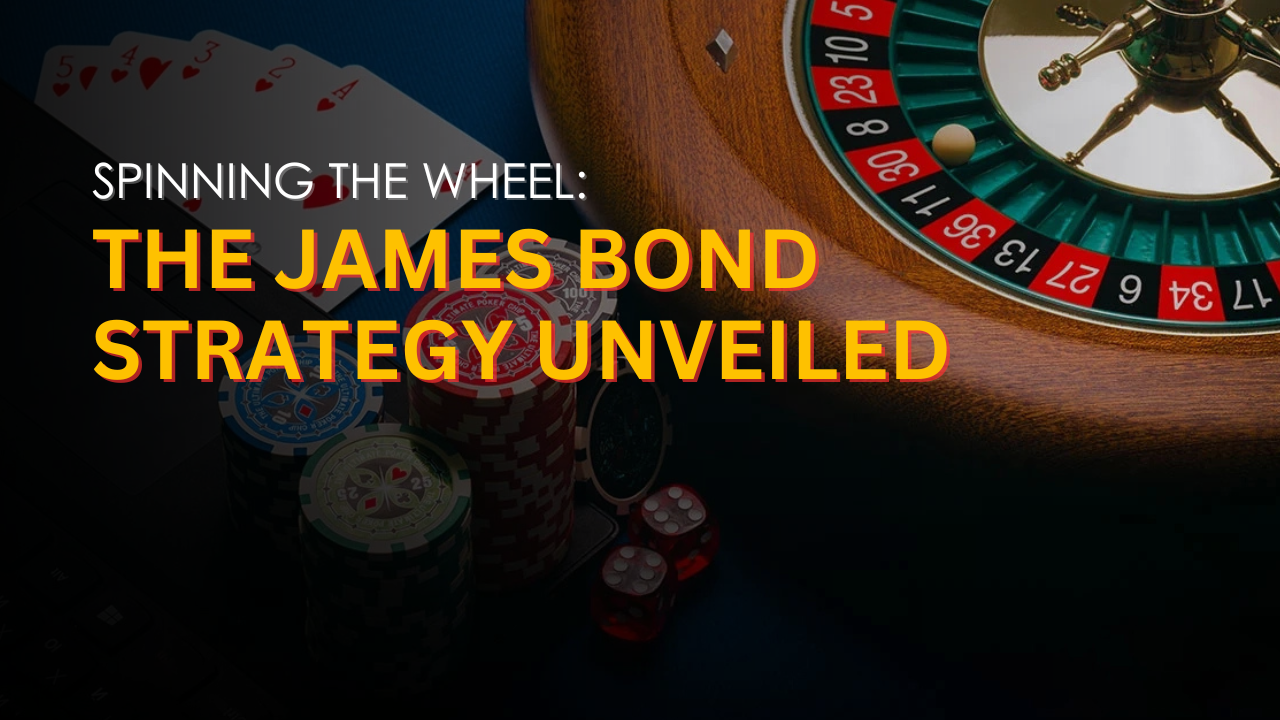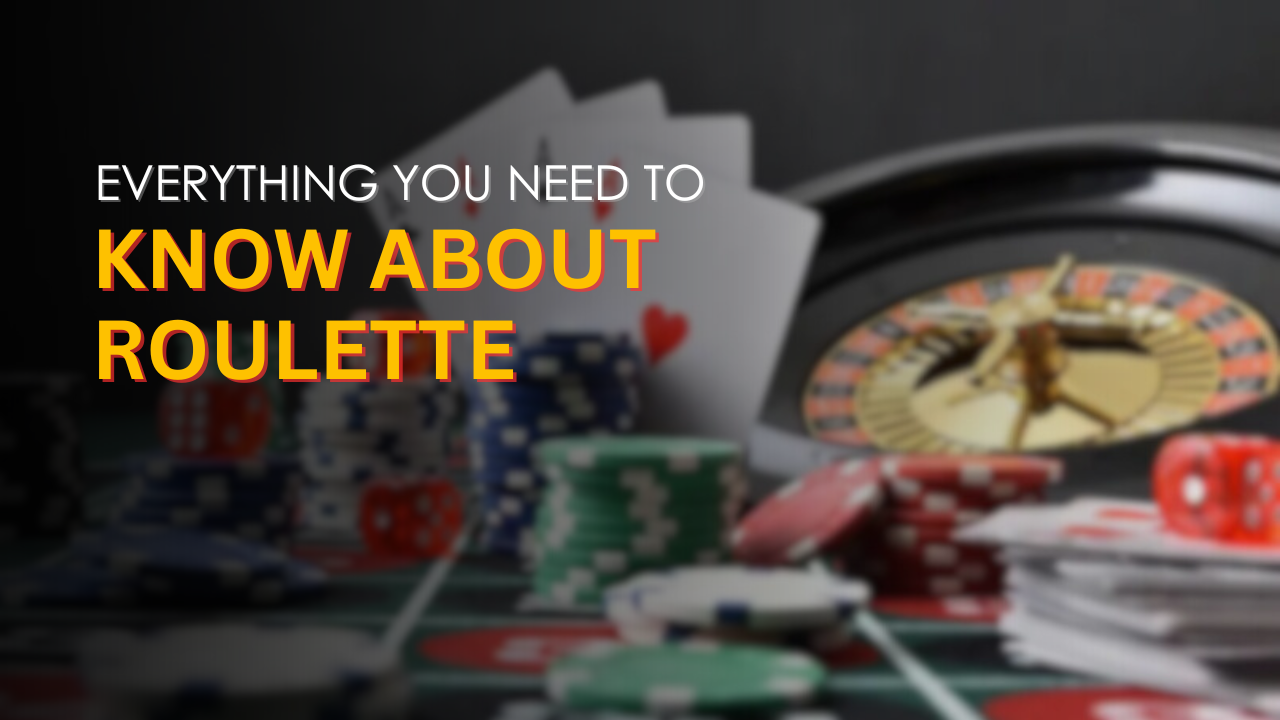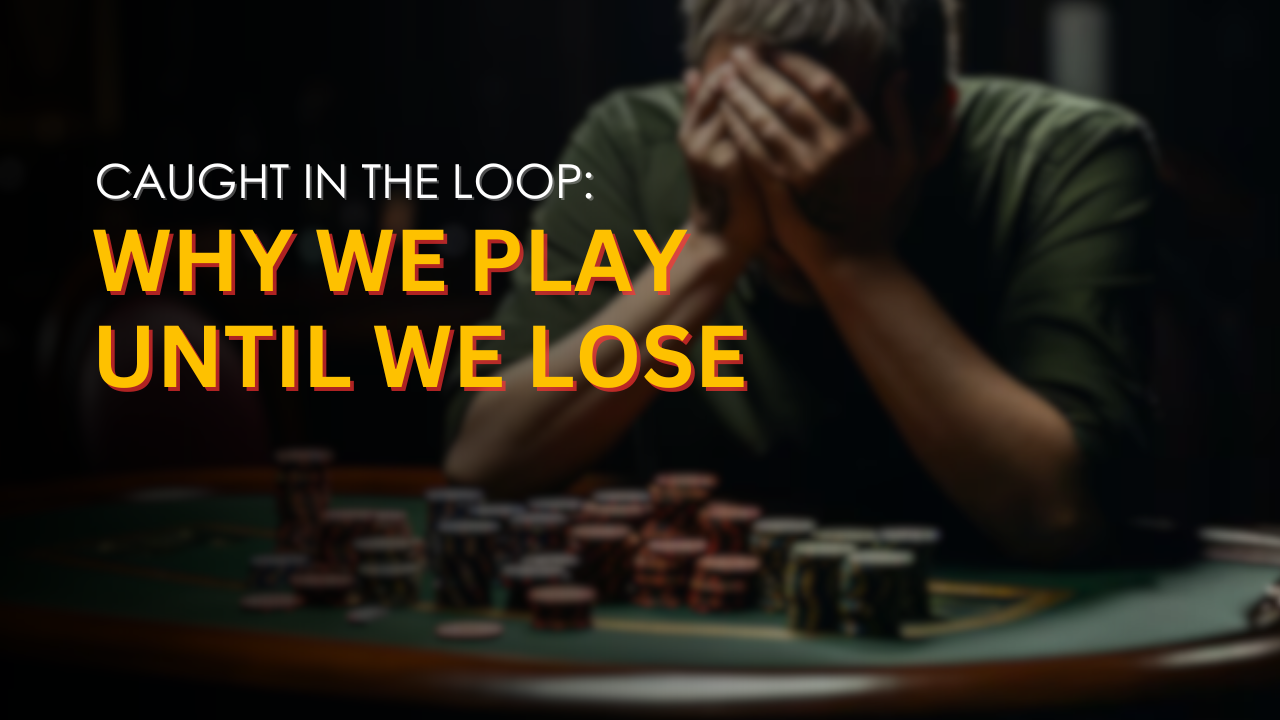Gambling—a pastime for some, a hot-button issue for others. Why is it that so many folks see rolling the dice as morally questionable? The answer dives deep into religious teachings, societal norms, and personal experiences. With humor and honesty, we explore these concerns to better understand the roots of this debate.
The world of gambling is as exhilarating as it is divisive. Whether you see it as harmless fun or a potential pitfall, opinions vary widely. Yet, there are recurring arguments, often rooted in religious beliefs and addiction concerns, that paint it as morally dubious. We unpack these claims and see where the chips fall.
Picture yourself at a casino, maybe feeling Aunt Mabel’s judgmental gaze in the back of your mind. For many, gambling feels like a sin waiting for penance.
Ever dip into a cookie jar and by the fifth cookie, realize you’ve gone too far? Gambling addiction operates similarly. What starts as innocent fun often spirals into financial chaos.
Gambling, they say, preys on those vulnerable to addiction. Critics argue that it’s a system hungry for those already toeing the line of disaster.
Casinos claim they create winners, but where does the money come from? Critics suggest gambling is less about the ‘big win’ and more about filling the coffers of casino owners.
Rather than a circulation of wealth in society, the money often seems to vanish into gambling dens. It’s like a magic trick—now you see it, now you don’t.
To some, gambling feels like taking a shortcut in life’s marathon. Why work hard when a roll of the dice could get you there faster?
Critics see gambling as rewarding shortcuts over diligence. It’s like praising the student who barely studied but aces the test through sheer luck.
For those who value hard work, gambling represents an affront to the idea of earning one’s keep honestly.
Risk and reward—a balancing act. But does gambling tip the scale too far? Some say yes, suggesting it’s akin to handling explosives—dangerous with slim rewards.
The thrill of winning never seems to match the losses incurred, critics argue. It’s a mindset that encourages risk without thought.
Reckless gambling can bleed into everyday life, turning routine decisions into high-stake gambles.
The casinos, critics argue, are designed to trap you. Those mesmerizing lights and clattering machines aim to keep you in your seat longer than healthy.
Online gambling sites compound the issue. They take your money with algorithms as elusive as a mirage.
These businesses are accused of exploiting psychological tricks to keep patrons betting. It’s a night out that can end with an empty wallet and regret.
Some see gambling as a slippery slope to moral decay. For them, it’s a party invitation they politely decline.
The divide between gambling as entertainment and as a vice remains wide. It’s a conversation many feel strongly about.
Whether shouting ‘trap!’ or savoring the thrill, those concerned voice the potential for societal harm.
Gambling’s moral quandary is as varied as the people pondering it. Society offers widely differing views, from sanctions to praises. Perhaps it’s best to consider, amid these swirling opinions, what your conscience says.
Is gambling the devil’s plaything or just another sport? It all depends on who you ask. As debates continue, at their heart is a common quest for purpose and understanding.
Despite the odds, this much is clear: like a gamble itself, opinions on gambling remain an unpredictable game.
The debate on gambling’s morality spins like a roulette wheel, with every side holding its firm beliefs. Next time you’re at the table, remember that the chips you wager might carry more than financial stakes.

